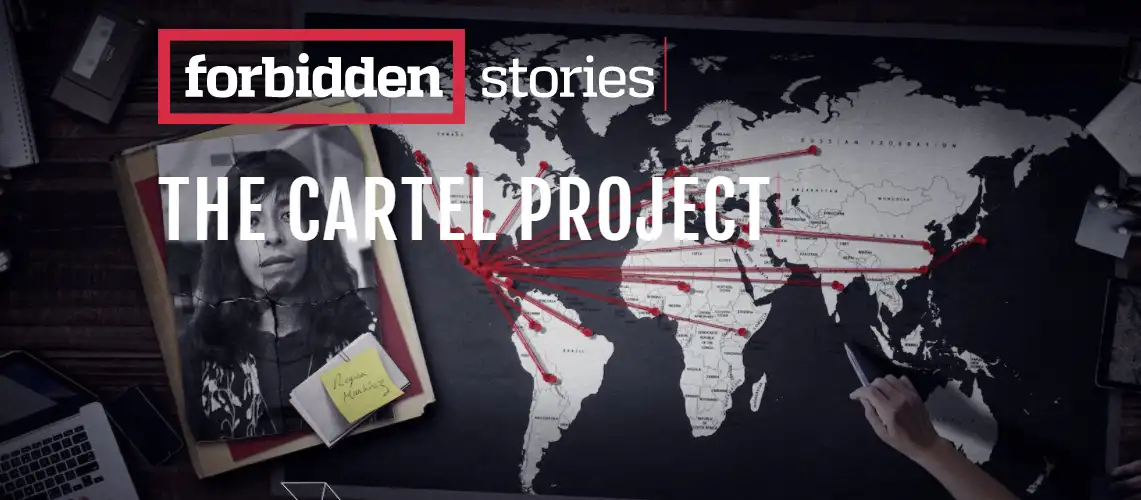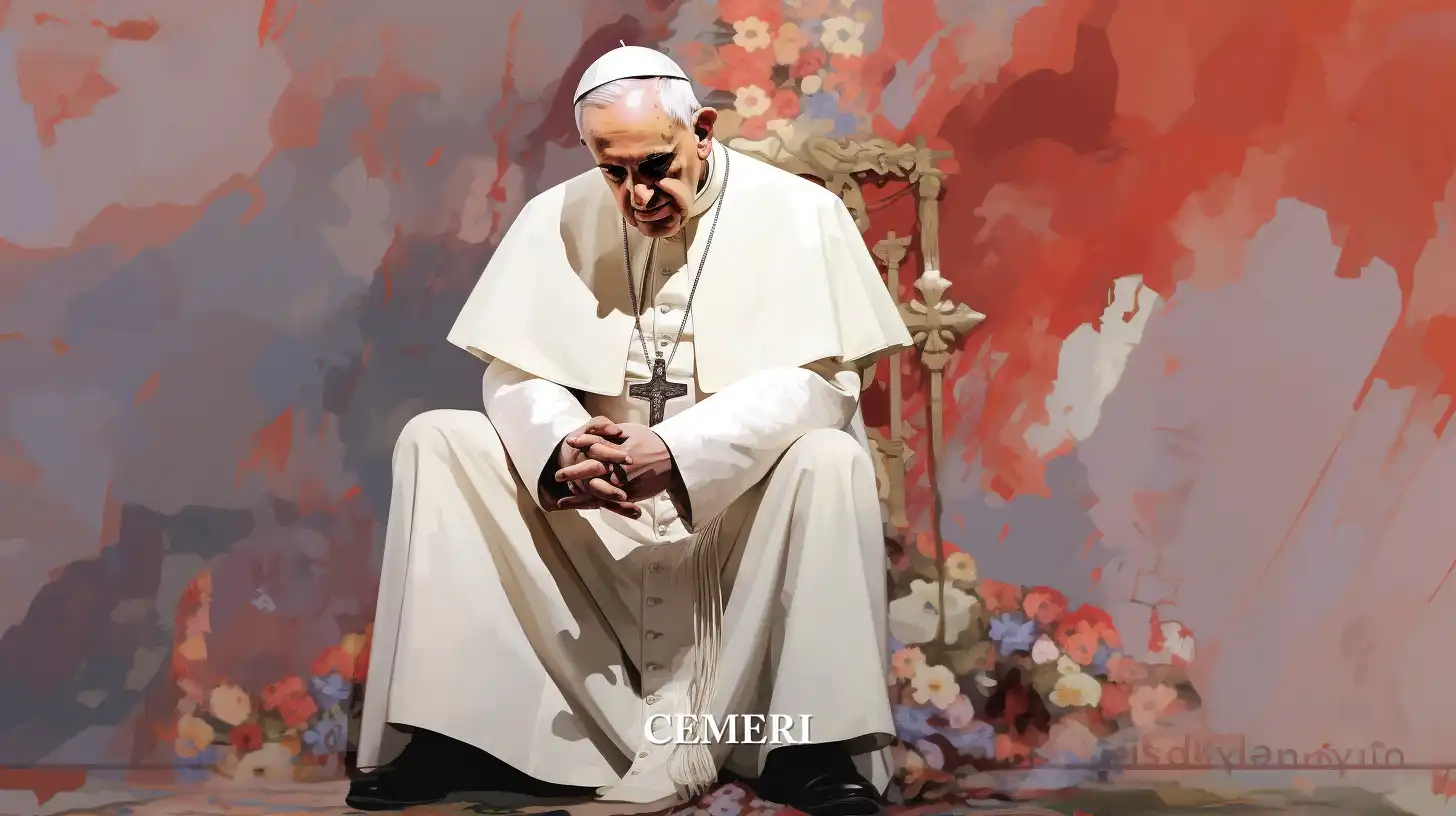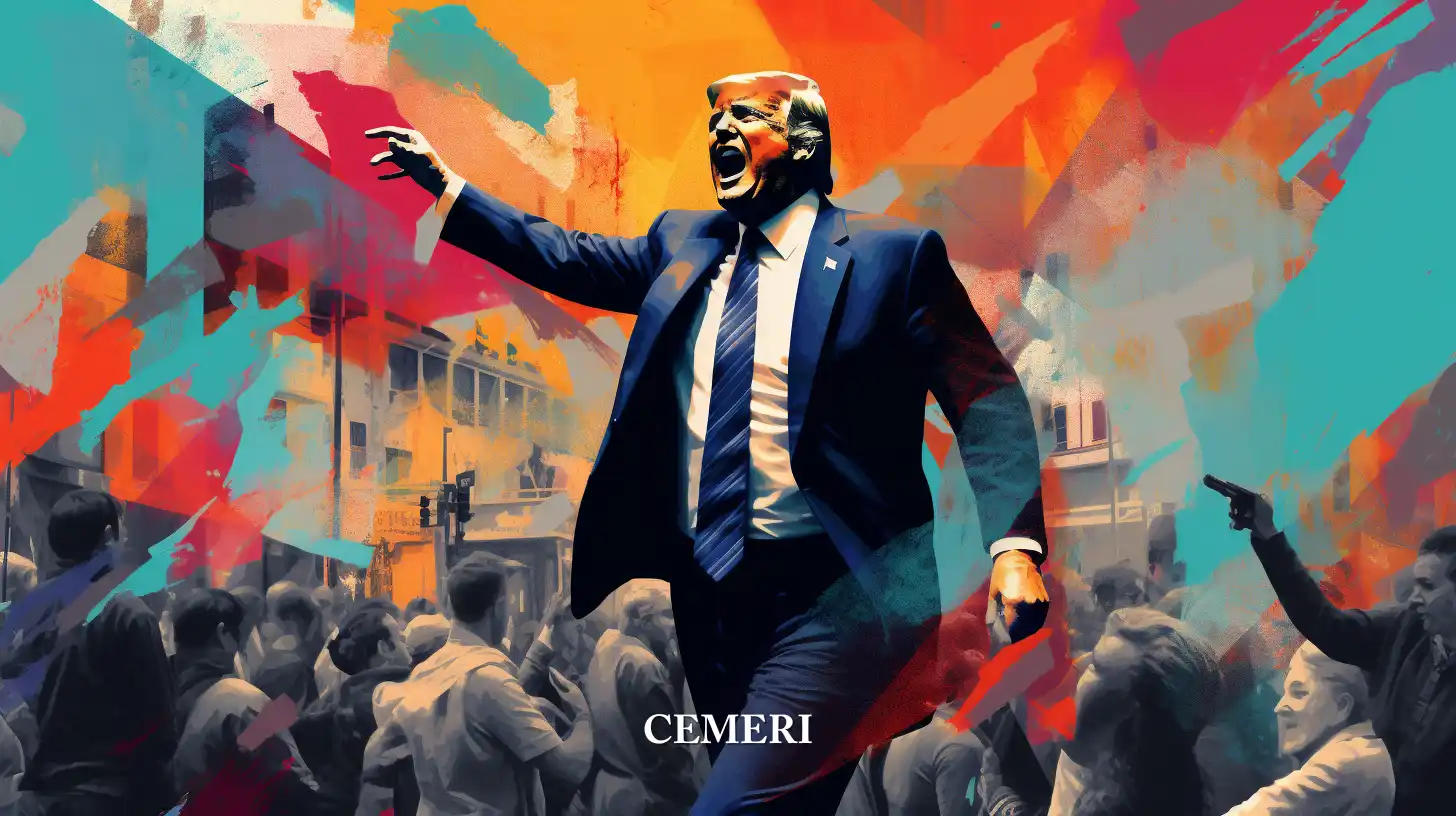Opinion
Luis González
The protection of human rights defenders and journalists: The Cartel Project in Latin America
- UN reports place this region as the most violent in the world and the most dangerous for journalists and human rights defenders.

Within the multiple threats facing democracy in Latin America, violence occupies a central place. Reports from the United Nations (UN) and Amnesty International place this region as the most violent in the world and the most dangerous for journalists and human rights defenders. Although the risk faced by these sectors of the population varies considerably from one country to another, there are alarming cases that require special attention, such as that of Mexico in relation to the persecution, kidnappings, disappearances, and homicides of journalists. According to the organization Article 19, since the year 2000, 136 journalists have been murdered, making this country the most dangerous in the world to practice that profession.
To honor the memory of those who lost their lives for their information work, and as a resistance against those who threaten freedom of opinion and expression, the international network Forbidden Stories recently launched The Cartel Project ([The Cartel Project](https ://forbiddenstories.org/)). Made up of 60 journalists from 25 media outlets in Mexico, the United States, and Europe, its mission is to continue the work of journalists who have been threatened, censored, or assassinated. The first of the five reports that are part of the project, published on December 6, resumes the investigation of Regina Martínez, the journalist from the weekly Proceso murdered in the State of Veracruz, Mexico, on April 28, 2012.
Months before her murder, Regina Martínez was investigating the links between criminal organizations and the State, as well as a series of mysterious disappearances in Veracruz, a state heavily plagued by organized crime, corruption, and abuse of power during the administrations of Fidel Herrera. (2004-2010) and Javier Duarte (2010-2016), both governors of the Institutional Revolutionary Party (PRI). The second of them is currently serving a nine-year sentence for the crimes of money laundering and criminal association.
The report published on the Forbidden Stories portal gives an account of the difficult situation that Martínez and other colleagues of hers went through while practicing her profession. It also presents relevant information on the irregularities in the investigation of the murder that occurred at the journalist's own home, suggesting that the Duarte government deliberately altered the crime scene and fabricated culprits, one of whom confessed to the crime after have been tortured.
Regarding the work started by Martínez, the report exhibits, on the one hand, the corruption of both leaders, focusing mainly on Fidel Herrera. On this, it shows the ease with which he used the position to enrich himself through extortion and bribes received for public works contracts. To dispel any doubt about his inexplicable wealth, Fidel Herrera had the "fortune" to win the lottery twice as governor: in 2008 he obtained 6.8 million dollars and 3.6 million in 2009.
On the other hand, it shows the complicity between that same administration and the Zetas cartel (made up of elite ex-military officers and considered at the time to be the bloodiest and most dangerous in the country). The links with criminal networks and money laundering went beyond his administration and continued in Barcelona, a city where he served as Mexican consul between 2015 and 2017, appointed by then-president Enrique Peña Nieto (2012-2018). ). During this last period he was being investigated by the Catalan police.
Fidel Herrera and Javier Duarte at the Veracruz Carnival 2013.
Source: El País.
Despite the fact that the investigation of the Cartel Project points to the commission of various crimes and the responsibility of ex-governors, public ministries, police officers and courts, the lack of punishment for the main perpetrators persists. Added to the violence against the journalistic union -and the population as a whole- is impunity. Throughout the last three decades, organized crime has been capable of corrupting a large part of the country's political leadership, the Judiciary and the forces in charge of maintaining security. This network of corruption is also one of complicity and mutual protection. This explains why Mexico has the highest impunity rates in Latin America and why characters like Fidel Herrera remain at large.
Initiatives such as Forbidden Stories are essential in underdeveloped democracies and authoritarian regimes characterized by scenarios of excessive violence from criminal groups and by persecution, repression and human rights violations committed by States. Beyond these regimes, they are necessary in advanced democracies to face the abuses of large corporations (technology companies, natural resource exploitation companies, pharmaceuticals, the media, soft drinks, among many others) and governments that persecute and they censor under different arguments such as, for example, safeguarding national security.
The work of Forbidden Stories reminds us of the importance of not only maintaining the legacy of those who have defended freedom of opinion and expression, but of continuing the work they started and that was interrupted by making governments, individuals or legal power groups uncomfortable. and illegal. Those who murdered Regina Martínez took, in addition to her life, the progress of her investigation. The message was understood by other journalists who left the state, the “undesirables”, as those on the government's blacklist came to call themselves. Faced with this barbarism, the motto of the international network is forceful: “They killed the messenger. They won't kill the message."

